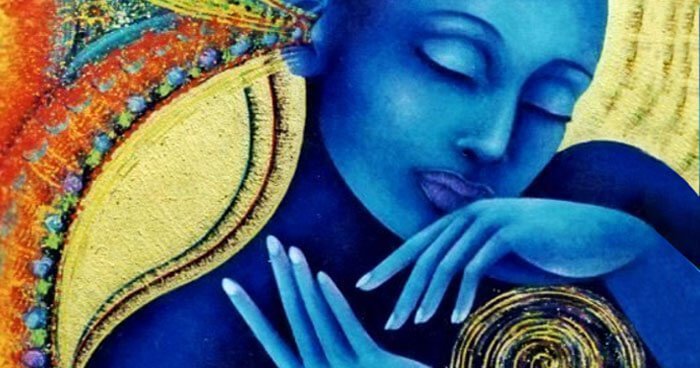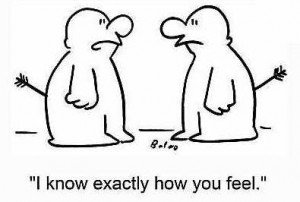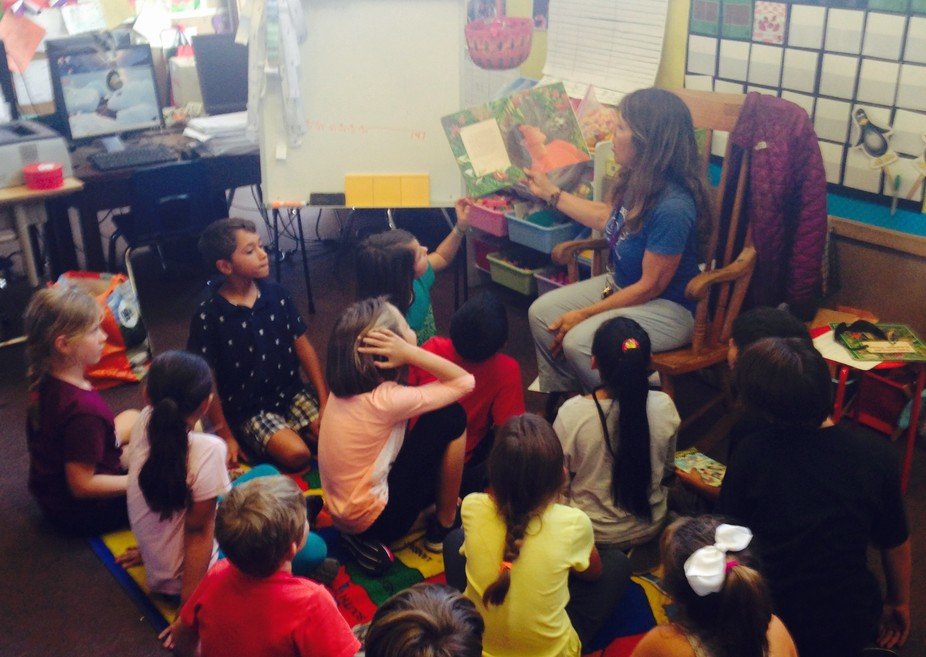Bertrand Russell famously said, "The whole problem with the world is that fools and fanatics are so certain of themselves and wiser people so full of doubts."
Over the years, I've hammered on the importance of becoming comfortable with
uncertainty and ambiguity, in
questioning all of your most
cherished beliefs and dreams, on
practicing skepticism, and doubting everything,
most importantly yourself. Throughout these posts, I've hinted at the fact that our brains are fundamentally unreliable, that we really have no clue what we're talking about, even when we think we do, and so on.
But I've never given concrete examples or explanations. Well, here they are. Eight reasons you can't trust yourself, as demonstrated by psychology.
1. You Are Biased and Selfish Without Realizing ItThere's a thing in psychology called the
Actor-Observer Bias and it basically says that we're all assholes.
For example, if you're at an intersection and somebody else runs a red light, you will probably think they're a selfish, inconsiderate scumbag putting the rest of the drivers in danger just to shave a couple seconds off their drive.
On the other hand, if
you are the one who runs the red light, you'll come to all sorts of conclusions about how it's an innocent mistake, how the tree was blocking your view, and how running a red light never really hurt anybody.
Same action, but when someone else does it they're a horrible person; when you do it, it's an honest mistake.We all do this. And we especially do it in situations of conflict. When people talk about someone who pissed them off for one reason or another, they invariably describe the other person's actions as senseless, reprehensible, and motivated by a malicious intent to inflict suffering.
1However, when people talk about times when
they inflicted harm on someone else, as you might suspect, they can come up with all sorts of reasons about how
their actions were reasonable and justified. The way they see it, they had no choice to do what they did. They see the harm experienced by the other person as minor and they think that being blamed for causing it is unjust and unreasonable.
Both views can't be right. In fact, both views are wrong. Follow-up studies by psychologists found that both perpetrators and the victims distort the facts of a situation to fit their respective narratives.Steven Pinker refers to this as the "Moralization Gap."
2 It means that whenever a conflict is present, we overestimate our own good intentions and underestimate the intentions of others. This then creates a downward spiral where we believe others
deserve more severe punishment and we deserve less severe punishment.
This is all unconscious, of course.
People, while doing this, think they're being completely reasonable and objective. But they're not.













Comment: We're constantly filling our ears with music, news and even noise that we create nonstop in our own heads. We probably spend very few moments each day in total silence. But silence can be a major factor to help us relieve tension and stress, replenish our minds and can even help regenerate brain cells.